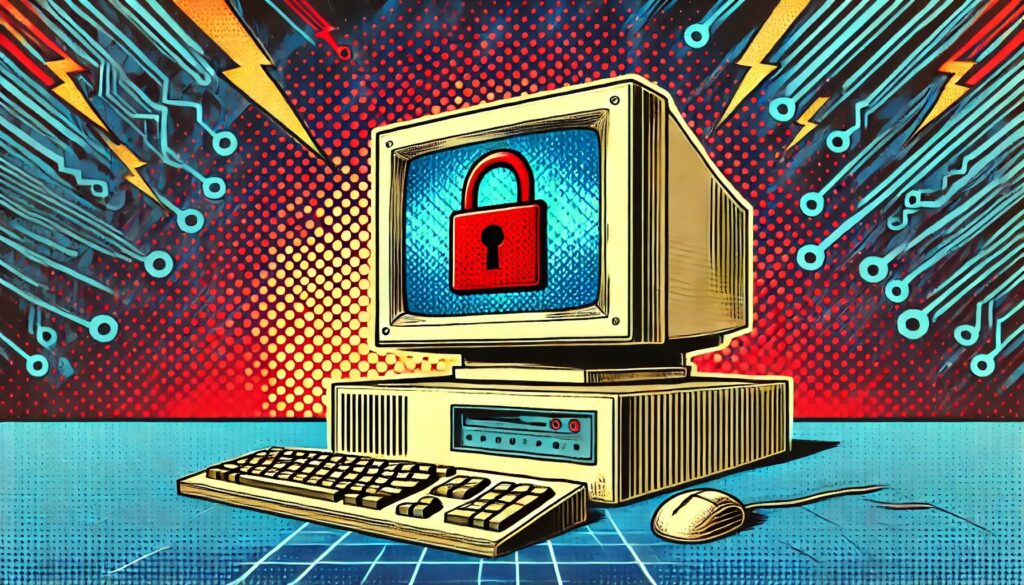
One Glitch Away from Disaster
A woman reached out to me recently in a bit of a panic.
Her business email had stopped working. For days, she wasn’t receiving messages from clients—and had no idea. By the time she realized something was wrong, she’d already missed new leads, active clients were frustrated, and her business reputation had taken a hit.
Thankfully, we were able to troubleshoot and fix the issue within minutes. But it reminded me: Most solopreneurs are one small mishap away from total chaos.
And it’s not always a hacker in a hoodie you need to worry about—it might just be a failed hard drive, expired software license, or forgotten password that costs you time, trust, and money.
Cybersecurity Isn’t Just for Big Companies
Cybersecurity feels like one of those topics we know is important… but avoid because it seems too complicated, expensive, or irrelevant to our small businesses.
Big companies get hacked. But solopreneurs? We like to think we’re flying under the radar.
The truth? 46% of all cyber attacks target small businesses. And 60% of those businesses close within six months of an incident.
Not necessarily because they lost money, but because they lost trust. A single day without client communication can send someone running to a competitor—and reputations are hard to rebuild.
Even if you never get hacked, human error, equipment failure, or a natural disaster can bring your business to a screeching halt. That’s why I brought in cybersecurity expert Dr. Scott Ringkamp to help me unpack what solopreneurs actually need to know—and do—to keep their businesses safe.
Here are a few highlights from our conversation over on the YouTube channel.
Take Action Now: 3 Steps to Protect Your Business
1. Back Up Your Data in 3 Places
Follow the “Rule of 3”:
- Your working copy (on your computer)
- A physical backup (external hard drive)
- A cloud backup (like Backblaze or Google Drive)
But don’t “set it and forget it.” Check that your backups are actually running—and test restoring your files every now and then.
2. Create a Disaster Recovery Plan
Write it down. Print it out. Store it somewhere safe.
Your plan should include:
- What to do if your data is lost or compromised
- Who to call (like a tech expert or insurance contact)
- How your family or team can access critical backups and other important info if you’re unavailable
Think of it as your business “fire drill.”
3. Don’t Wait for a Crisis
Have a trusted contact before you need them.
Scott helps small business owners proactively secure their systems and recover when things go sideways. If you don’t already have a tech-savvy friend on speed dial, consider reaching out to Scott—or someone like him who offers cybersecurity support for small businesses.
Your Next Step
Here’s my challenge to you:
Block out 60 minutes this week to assess your backup system and write a simple recovery plan.
You don’t need to be a tech wizard. You just need to get started. And if you’re feeling overwhelmed, call in a pro like Scott.
Better safe than sorry.
🎥 Watch the full interview with Scott for even more cybersecurity insights.
